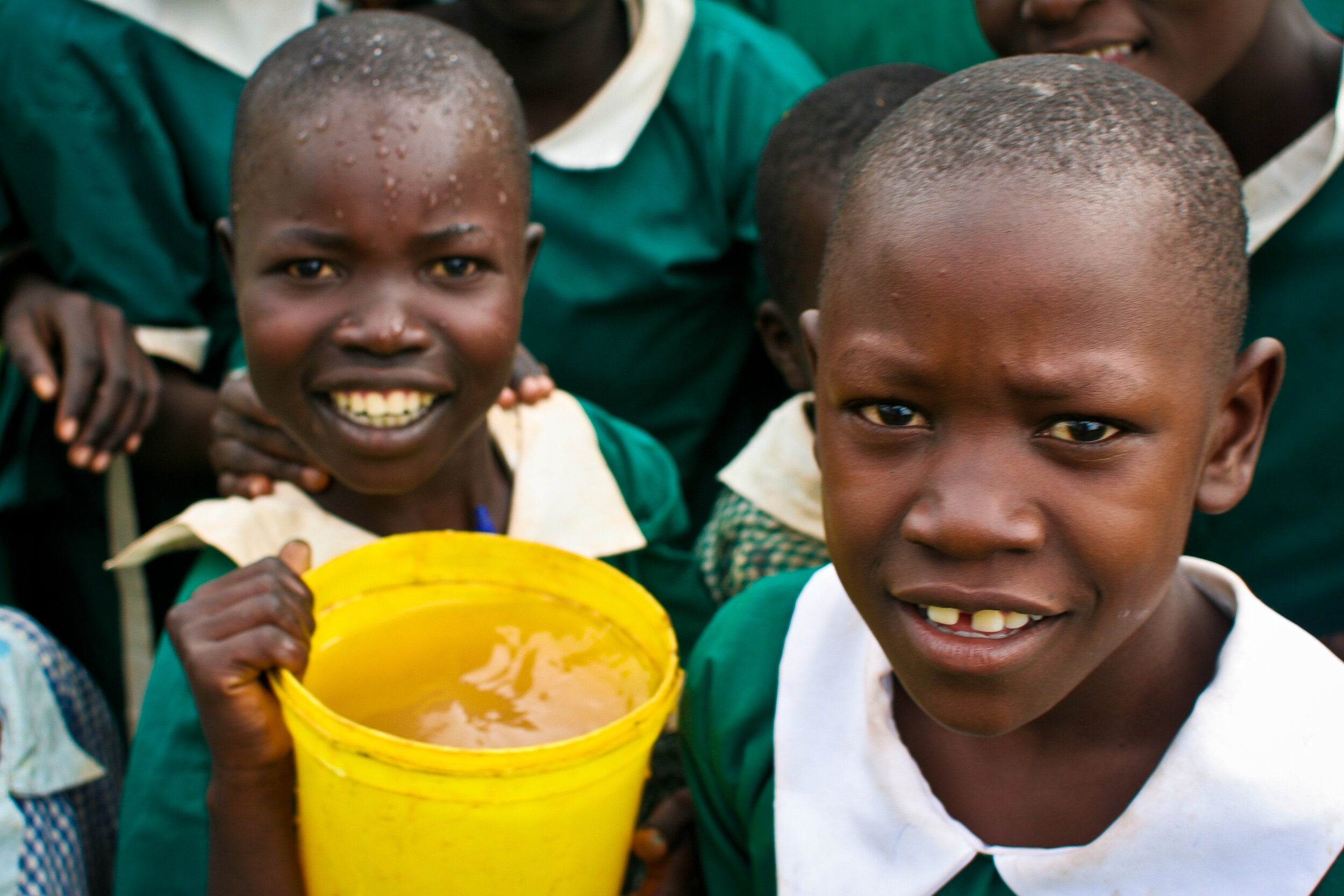
News and Resources
Project articles
Drs. Matthew Freeman and Robert Bednarczyk are leading a team of interdisciplinary scientists from Emory and Georgia Tech to find out why and how countries have been successful in vaccine coverage.
Karen Levy, PhD, MPH, and Matthew Freeman, PhD, MPH, have received a 3-year, $600,000 grant from the Bill & Melinda Gates Foundation for a project entitled Chicken Exposures and Enteric Pathogens in Children Exposed through Environmental Pathways (ChEEP ChEEP).
An interdisciplinary team led by Matthew Freeman, PhD, MPH, and Robert A. Bednarczyk, PhD—in coordination with partners at Georgia Tech— will spearhead the study to assess how and why several countries (including Nepal, Senegal, India, and others) succeeded in rapidly increasing vaccination coverage rates and sustaining high coverage rates long term.
Our research group along with other researchers at the Emory Rollins School of Public Health have received a $3.7 million R01 grant from the National Institutes of Health to study the impact of a five-year, $140 million World Bank-funded water improvement project in Mozambique.
Findings from the Orissa Sanitation Trial highlighted in BBC News
Matt discusses the group’s WASH and NTD collaborative work in SciDevNet
Project resources
Find out more about our Andiaye project on the World Bank’s Strategic Impact Evaluation Fund (SIEF) website!
WASH Resources
Watch Matt’s lecture on “Applying implementation science methods for the control of food and waterborne infections” at the 2nd IMPACT Webinar, held on June 15, 2022.
Matt has been appointed to a newly launched Lancet Commission on Water, Sanitation and Hygiene, and Health (WASH). Matt will specifically co-author the report and provide scientific guidance on associated studies to support the Commission’s work.
This toolkit provides step-by-step guidance to NTD programme managers and partners on how to engage and work collaboratively with the WASH community to improve delivery of water, sanitation and hygiene services to underserved population affected by many neglected tropical diseases.
Presentation held by Kate Medlicott and Sophie Boisson, WHO on the WHO Guidelines on sanitation and health and the recordings of the World Toilet Day webinar jointly hosted by SuSanA, WHO and UN-Water.
Members from our group and others at Emory have contributed in the development of guidelines that provide comprehensive advice on maximizing the health impact of sanitation interventions. By adopting WHO’s new guidelines, countries can significantly reduce the 829 000 annual diarrhoeal deaths due to unsafe water, sanitation and hygiene.
This report presents the tools used to generate findings order to understand the needs of girls who are menstruating at school.
The WinS4Girls E-Course was designed by the Center for Global Safe WASH at Emory University and UNICEF to help strengthen the capacity of WASH practitioners and policymakers to carry out rigorous research that investigates local menstrual hygiene management practices and challenges.
Emory University, UNICEF, SENASBA and Fundación SODIS selected municipalities and schools to understand the scope of education and health challenges faced by girls in Cochabamba, Bolivia.
Emory University, UNICEF Philippines, Plan Philippines and Save the Children Philippines carried out a qualitative assessment of menstruation-related challenges girls face in school.
From June through July 2012, Emory University and UNICEF collaborated in research aimed to understand the range of challenges faced by girls during menstruation in urban Freetown, as well as the determinants of those challenges.
Emory University along with a diverse group of organizations outline linkages between WASH and NTDs
The WinS Course was developed by UNICEF and the Center for Global Safe Water, based at Emory University’s Rollins School of Public Health and is designed to promote understanding of child-to-child, child-to-parent and other approaches to transforming hygiene behaviour. It also aims to support national-level work that helps government partners design and implement WinS programmes at scale.
This report presents findings from a six-country study conducted by UNICEF and the Center for Global Safe Water at Emory University. This research was carried out in collaboration with UNICEF country offices in Kyrgyzstan, Malawi, the Philippines, Timor-Leste, Uganda and Uzbekistan and their partner
This toolkit is meant to strengthen sector-wide monitoring and evaluation of school WASH programs in order to improve programmatic effectiveness and sustainability.
General News
Gene truly embodied compassion and commitment to improving the lives of others. His storied career spanned more than 70 years, and the results of his research and work on safe water initiatives has saved millions of lives and continues to have impact.
Rollins School of Public Health has been ranked 5th in the nation among accredited programs and schools of public health.
Blogs and Op-eds
Matthew Freeman, PhD, MPH, and colleagues from the World Health Organization share their thoughts on how interventions and associated monitoring schemes can help address gaps in hygiene behaviors.
In collaboration with IRC WASH, Azmeh Khan (MPH ‘19) used 15 years of data to predict the feasibility of the 2030 Sustainable Development Goals.
Bethany Caruso discusses how the task of providing water for households falls disproportionately to women and girls
Bethany Caruso discusses how the impact of poor sanitation on women’s and girls’ health remains underinvestigated
Bethany Caruso discusses how the onset of menstruation may be disrupting girls’ abilities to attend and participate in school in low-income countries
PHD Candidates
Sydney passed her PhD dissertation defense from Emory University’s Environmental Health Sciences Graduate Program today! Sydney’s work was on evaluating the efficacy of water, sanitation, and hygiene interventions in the context of climate change with a focus on urban, coastal Mozambique.
April passed her PhD dissertation defense from Emory University’s Environmental Health Sciences Graduate Program today! April’s work was on characterization and measurement of child exposure to zoonotic enteric pathogens in Esmeraldas Province, Ecuador.
Congrats to Sabrina Haque, who will be joining the World Bank in DC as a part of its Young Professionals Program this September in the Environment Global Practice for the West and Central Africa region, working on pollution, conservation, and climate activities.
Starting this fall, Freddy Lamar will be begin her post-doctoral fellowship with the Epidemic Intelligence Service at the CDC - which is a long-standing, globally-recognized fellowship program, renowned for its investigative and emergency response efforts.
Freddy Lamar was selected as this year’s Eleanor Main Graduate Mentor Award recipient, which recognizes graduate faculty and graduate students who set the standard for mentorship excellence at Emory.
Sabrina passed her PhD dissertation defense from Emory University’s Environmental Health Sciences Graduate Program today! Sabrina’s work was on providing evidence to assess the integration of household water filters into Rwanda’s national environmental health promotion program.
Freddy passed her PhD dissertation defense from Emory University’s Environmental Health Sciences Graduate Program today! Freddy will be transitioning to the FIRST program at Emory as part of her postdoctoral training.
Congrats to Hemali Oza (PhD Candidate) who passed her PhD qualification exam and will move to candidacy!
Congradulations to Hemali Oza (PhD Candidate) for being awarded the ARCS Foundation Global Impact Award. This is a 3-year award based on “the scientific merit of the project and the student’s qualifications” and proven ability to effectively communicate their scientific findings!
Congratulations to April Ballard (PhD Candidate) who was awarded a Livingston Fellowship from the Rollins School of Public Health. This provides a one time financial award for “promising and best performing PhD student” post-candidacy!
Congratulations to Freddy Lamar (PhD Candidate) for being awarded the FIRST Fellowship! FIRST is both a postdoctoral research fellowship in a research laboratory and an education program designed to train postdoctoral fellows how to teach
April Ballard (PhD Candidate) and two other Rollins students established The Dignity Pack Project which supplies people experiencing homelessness in Atlanta, Georgia with basic hygiene supplies, period supplies, condoms, and PPE. Read more on April’s work as a community change agent!
Congratulations to Sydney Hubbard (PhD candidate) on passing her qualifying exams unconditionally (and virtually)!
Congratulations to Freddy Lamar (PhD student) for her induction into the Emory Bouchet Graduate Honor Society! The National Edward Alexander Bouchet Graduate Honor Society is named for the first African American doctoral recipient in the United States and acknowledges outstanding scholarly achievement and promotes diversity and excellence in doctoral education and the professoriate.
Anna passed her PhD dissertation defense from Emory University’s Environmental Health Sciences Graduate Program today! Starting next fall, she will be begin her post-doctoral fellowship with the Epidemic Intelligence Service at the CDC - which is a long-standing, globally-recognized fellowship program, renowned for its investigative and emergency response efforts.
MPH Students
Breanna Wodnik (MPH ‘18) was awarded the Eugene J. Gangarosa Award for Excellence in International Health!
Congratulations to Ashlin Rakhra (MPH ‘19) for being awarded the Outstanding Practicum Award at Emory University! During her practicum, she led a processes evaluation of Andilaye programming for a demand-side sanitation and hygiene promotion on sustained behavior change and health in Amhara, Ethiopia.
Molly Linabarger (MPH ‘18) was selected as a finalist for the 2018 Outstanding Practicum Award at Emory University!
Graeme Prentice-Mott's (MSPH '19) Global Field Experience (GFE) proposal was nominated as a model proposal by the Global Field Experience Committee in the Hubert Department of Global Health!
Dionna Fry discusses her summer practicum in Ethiopia in an NPR interview
Kaleb Price (MPH ‘14) was awarded best poster during the Global Health Thesis Poster Contest
Sara Bresee (MPH ‘14) won the Emory Global Health Institute Photo Contest. Her picture was taken during her field research this summer in Zambia. Click to see the photo!
Awards
Kayoko Shioda, PhD, DVM, MPH, a post-doctoral fellow/epidemiologist in our group, was recently selected as a recipient of the prestigious Marie Skodowska Curie Award, which recognizes Japanese female researchers in the early phases of their careers.
Matt was named a Clarivate Highly Cited Researcher for 2021!
Congratulations to Matt on being recognized as an Asa Griggs Candler Professor! The Asa Griggs Candler professorships help recruit and retain especially well-qualified senior faculty members. The provost and the dean of the candidate's school review and approve nominations.
Matt is a 2020 “Highly Cited Researcher” recipient from the Web of Science!
April Ballard, a third-year PhD student in the Gangarosa Department of Environmental Health Sciences, was accepted into the second cohort of the Agents of Change in Environmental Health program this year.
Strunz et al 2014 “Water, Sanitation, Hygiene, and Soil-Transmitted Helminth Infection: A Systematic Review and Meta-Analysis” has earned the top 10% of citations by PLOS Medicine.
Matt is a 2019 “Highly Cited Researcher” recipient from the Web of Science !
The group’s research on “The impact of WASH improvements on infections disease using serum antibody detection” has been published in Best of UNICEF Research 2018! Read more about the work in Mali on page 62.
Matt Freeman was awarded the 2018 Environmental Health Teaching Award for excellence in teaching from the Rollins Department of Environmental Health!
The group’s research on “WASH in Schools Empowers Girls’ Education in Rural Cochabamba, Bolivia: An Assessment of Menstrual Hygiene Management in Schools” has been published in Best of UNICEF Research 2014! Read more about the work in Bolivia on page 14.
COVID-19
The COVID-19 Hygiene Hub is a free service to help actors in low- and middle-income countries rapidly share, design, and adapt evidence-based hygiene interventions to combat the coronavirus. Matt serves as a technical expert for this initiative!
Matt quoted in Time on how to exercise caution when opening your package or mail during the pandemic
Matt quoted on CNN Business about the potential for stores to start taking customers' temperatures to protect employees and patrons
Matt interviewed on WSB-ATL (ABC) about how distancing rules in grocery stores are important reminders to stay vigilant during the pandemic
Matt discusses the desire to get out and exercise during social distancing but highlights how congregating together poses a risk of spreading the virus
Matt discusses concerns about people who are traveling out of state to go to national parks and spreading the virus across state lines.
Matt discusses how epidemiologists track infectious diseases on How Stuff Works.
Members of our group and others at Emory University join more than 100 established infectious disease scientists and 25 trainees who have signed the letter.
Matt weighs in on social distancing as the key to slowing down the spread of novel coronavirus.
Matt interviewed on BuzzFeed News about effective ways to limit the spread of coronavirus. Hint - one of them is handwashing!
Matt interviewed in Popular Science on the importance of handwashing to minimizing the coronavirus’ spread!
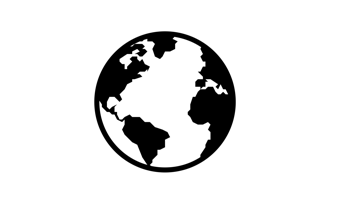



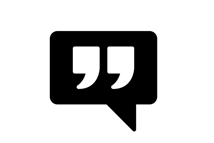


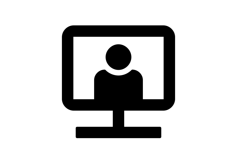

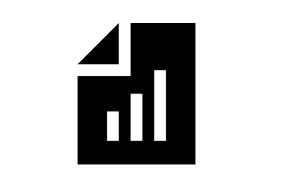












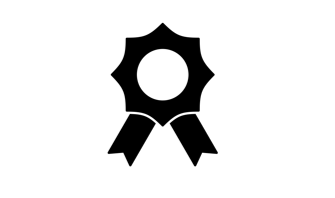








































Drs. Karen Levy and Matthew Freeman are examining the link between poultry production and enteric diseases in children under age 5 in low-income countries.